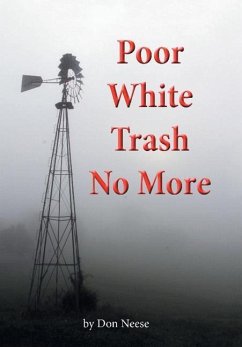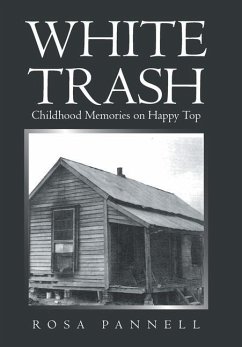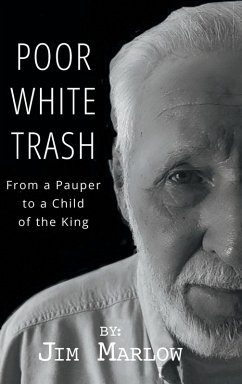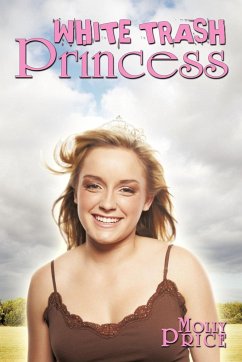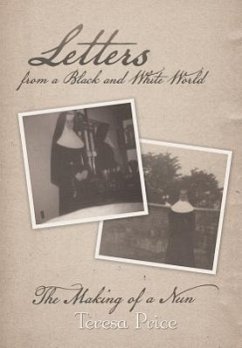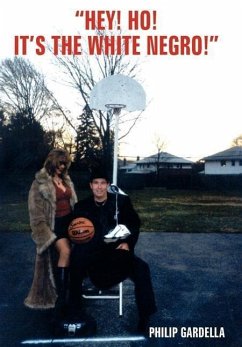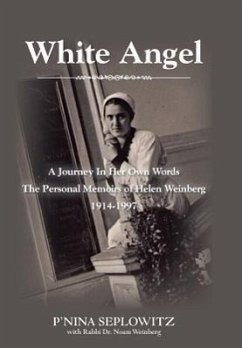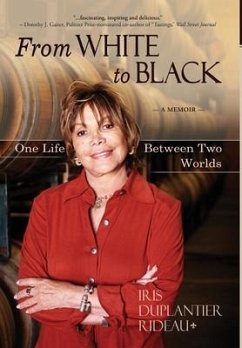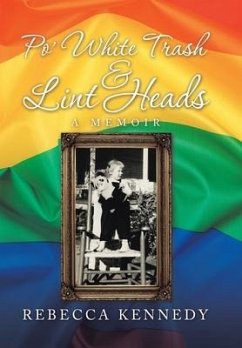
Po' White Trash & Lint Heads
A Memoir
Versandkostenfrei!
Versandfertig in über 4 Wochen
32,99 €
inkl. MwSt.
Weitere Ausgaben:

PAYBACK Punkte
16 °P sammeln!
Rebecca Kennedy's childhood and teenage experiences could have socialized her to become an extreme far-right Christian, a racist, a self-hating homophobe, and a bitter child abuse victim. The trauma her mentally ill father perpetrated upon her, along with her having little support for her eventual career, did not deter her from standing out as the "different one," who determined to be Christ's love for marginalized people. Her 1950 through 1964 accounts of a Southern cotton mill culture depict an oppressive and violent Jim Crow era, ultra-fundamentalist Christianity's complicity in maintaining...
Rebecca Kennedy's childhood and teenage experiences could have socialized her to become an extreme far-right Christian, a racist, a self-hating homophobe, and a bitter child abuse victim. The trauma her mentally ill father perpetrated upon her, along with her having little support for her eventual career, did not deter her from standing out as the "different one," who determined to be Christ's love for marginalized people. Her 1950 through 1964 accounts of a Southern cotton mill culture depict an oppressive and violent Jim Crow era, ultra-fundamentalist Christianity's complicity in maintaining an Old South social order. Her community's White people lamented the Civil War's Lost Cause and longed for the rise of the Old South's Glorious Confederacy. Her memoir relates her eye-witness stories of Poor White Trash families contrasted with her Lint Head family's poverty existence. Her parents' dilemma of her being a smart kid in a poor family highlights Rebecca's zeal and determination for an education she perceived as her hope to freedom. She not only received education through formal schooling but also through her relationship with Aunt Maddie and encounters with African American individuals, a gay man and two lesbians, and several therapists. Her memoir includes a profound one-day soul-to-soul meeting with Mr. Beau LeMonde, a former slave, during her family's visit to an Old South themed museum. Rebecca reveals the night her father's mental illness exploded into physical, spiritual, and psychological destruction. Rebecca's unique observations of events, that others deemed "that's the way God intends it to be," compelled her to look around and ask, "Why? Why is it that way? That's not Christ's way." Rebecca approaches her youth with poignant descriptions infused with her humor.




